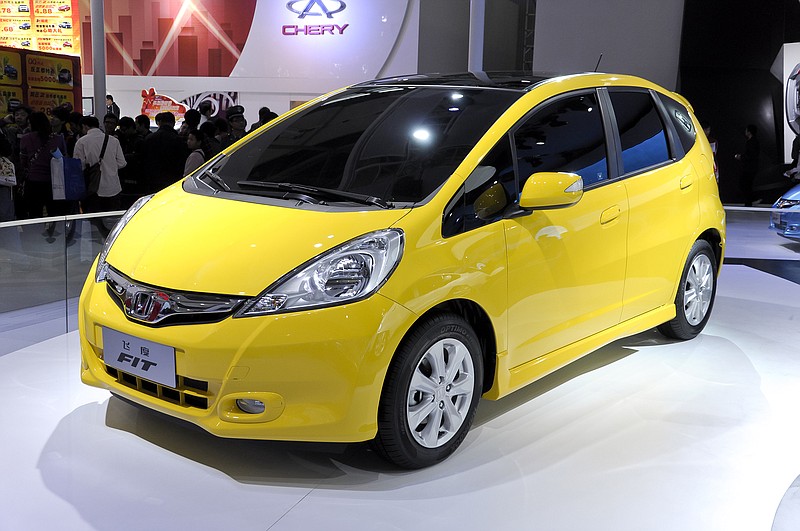Q: Honda doesn't offer maintenance schedules in their manuals. You're supposed to use the letter codes as they pop up. Unfortunately, the minder keeps getting reset at 5,000 miles for oil changes, and I don't have a chance to see it. It's a 2010 Fit with 96,000 miles. Have I passed the time for tune-up? - Paul
A: I agree, an indicator-based maintenance recommendation system doesn't provide information on what atypical services may be looming in one's future - or accidentally skipped in the past.
Tune-ups are a thing of the past, as other than renewing spark plugs and checking/resetting valve clearance (at 110,000 miles), renewing coolant (at 120,000 miles), and inspecting idle speed (at 160,000 miles), there just isn't anything to tune on your L-4 1.5 liter engine. Replacement of the fuel filter is not recommended unless fuel pressure drops below the specified value. Doing so is also a pain, as it's integrated into the fuel gauge sending unit/fuel pump/pressure regulator assembly within the fuel tank. The engine air filter, along with cabin air filter, are to be renewed every 30,000 miles.
Your 5,000 mile oil/filter changes appear to be based on the severe service schedule, as the normal service schedule lists oil changes each 10,000 miles. Severe service is defined as folks who (any of these): drive less than five miles per trip or in freezing temperatures, drive less than 10 miles per trip, drive in hot (over 90 F) conditions, encounter extensive idling or long periods of stop-and-go driving, drive with a rooftop carrier, drive in mountainous conditions, or drive on muddy, dusty or de-iced roads.
Your Honda engine is equipped with a timing chain rather than a timing belt to connect the crank and cam shafts. This is a blessing, as a timing belt replacement can be a rather expensive service to perform each 90,000 miles or so. Chain replacement isn't specified as a maintenance item, although to insure long life proper oil changes using high quality oil are a must. Additionally, modern engines typically employ sophisticated mechanisms to vary valve lift/duration/timing, and engine oil is used as the hydraulic fluid to make this magic happen. Tiny passages and control actuators are subject to sludge and clogging, again making routine oil changes important.
Likely, independent of the indicator based services, renewing brake fluid each three years is recommended, and transmission fluid would best be replaced every 60,000 miles (30,000 if towed behind an RV or other). Recommended owner monthly checks include exterior lights, engine oil and coolant reserve tank level, brake fluid level and tire inflation. And it's certainly not a bad idea to keep an eye open for fluid leaks, odd sounds, parking brake effectiveness, unusual odors and unusual tire wear. Inspecting/renewing windshield wipers is a good idea with the upcoming change of season, and perhaps hold on to the old ones to be your summer wipers.

